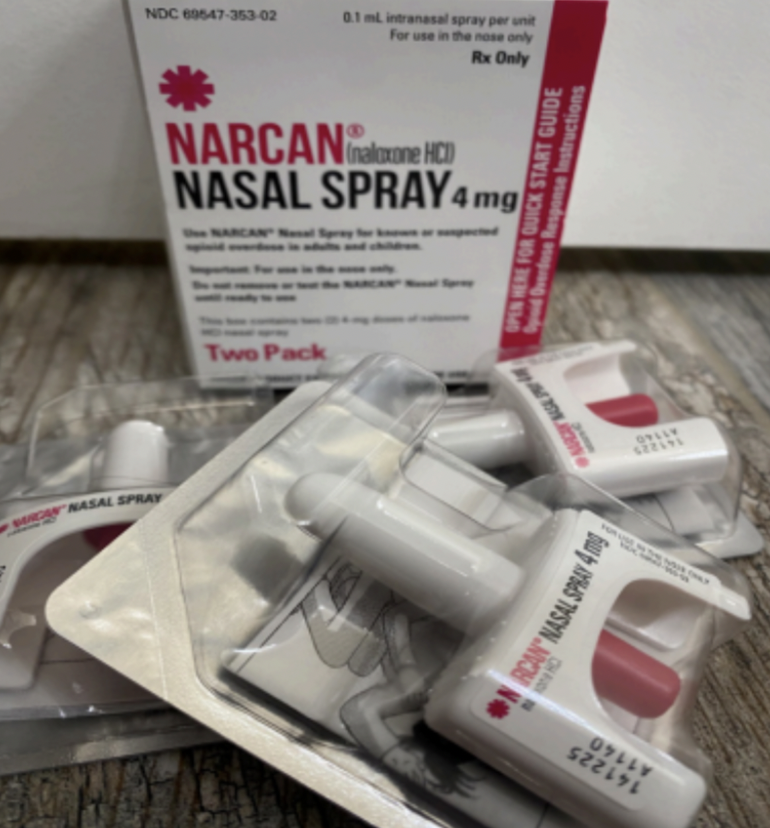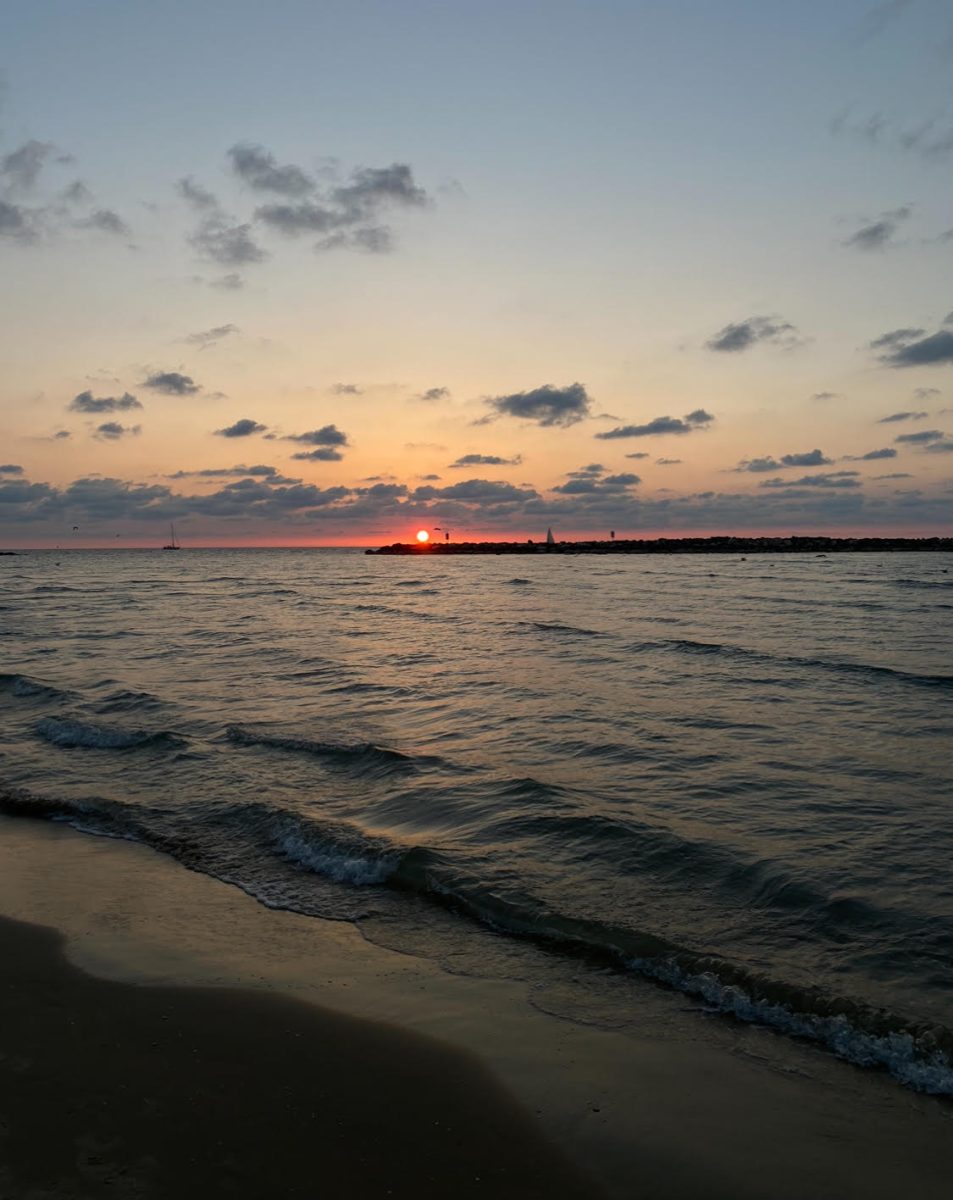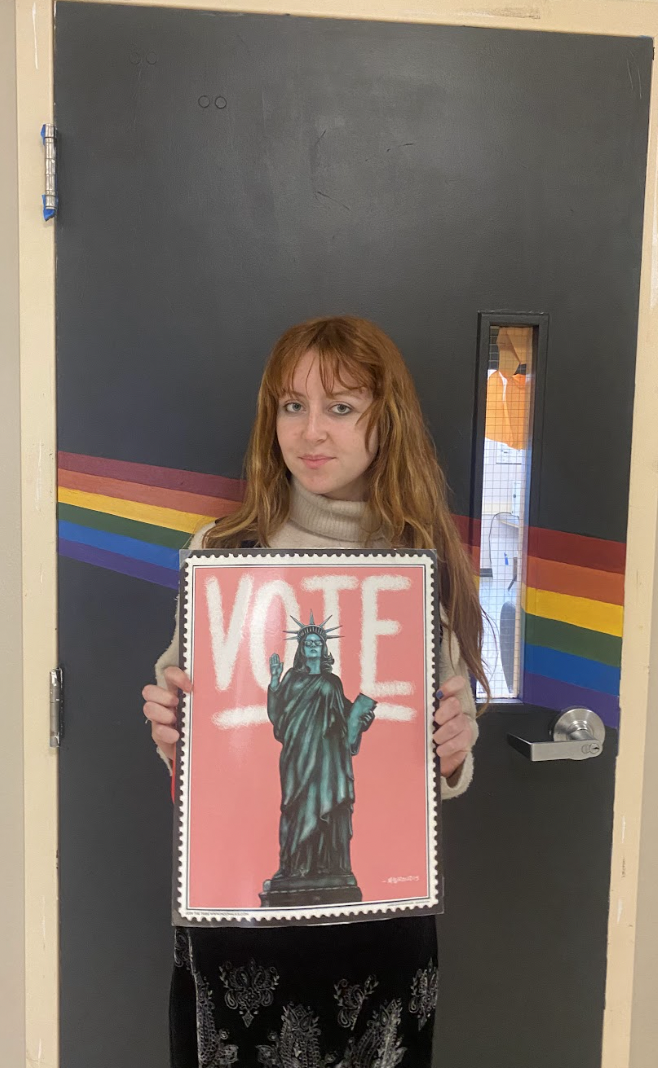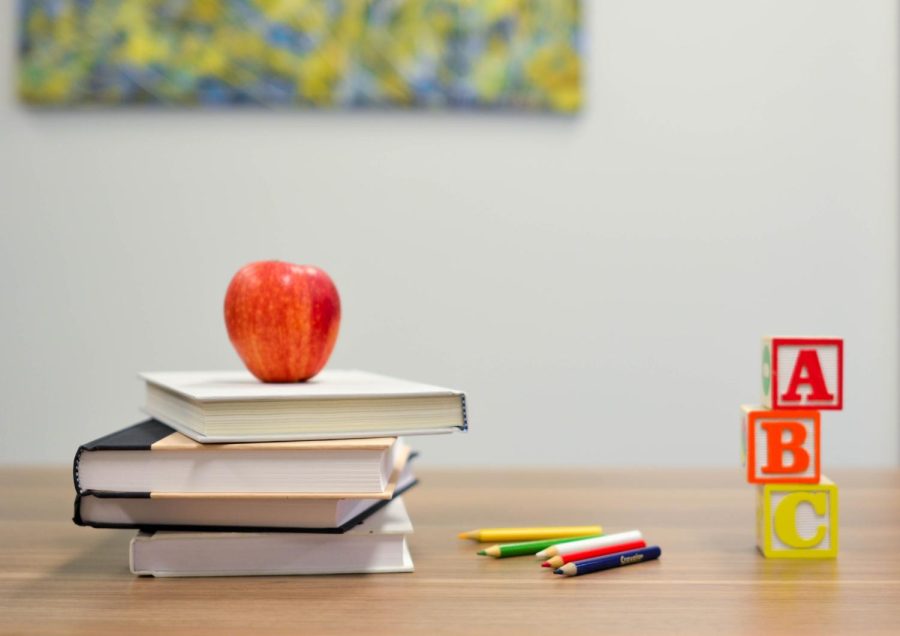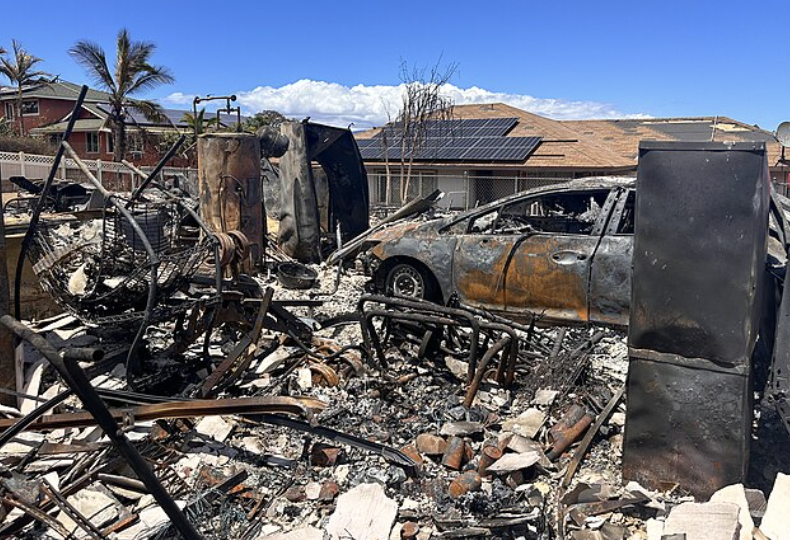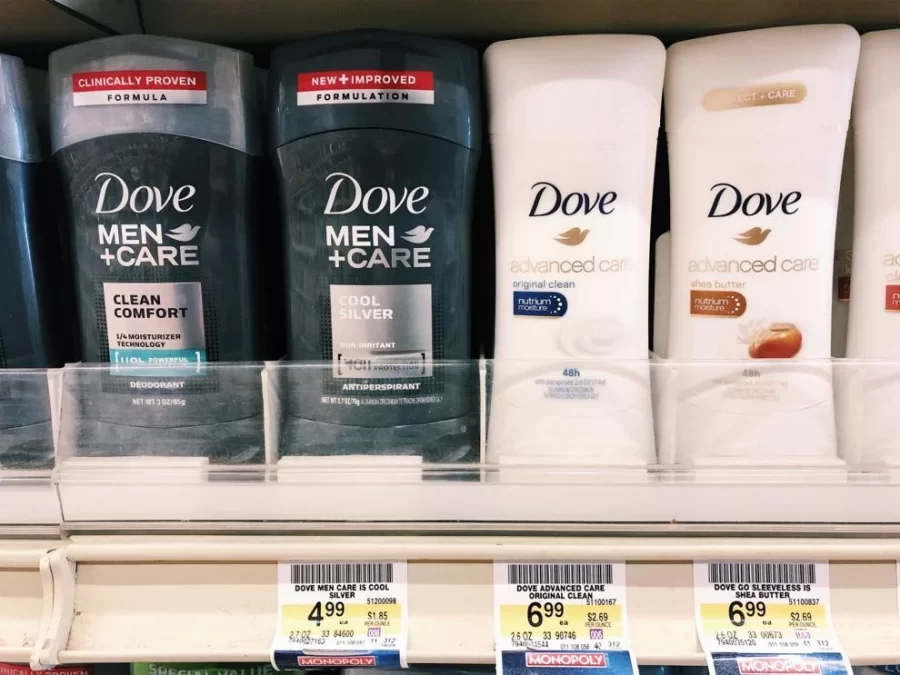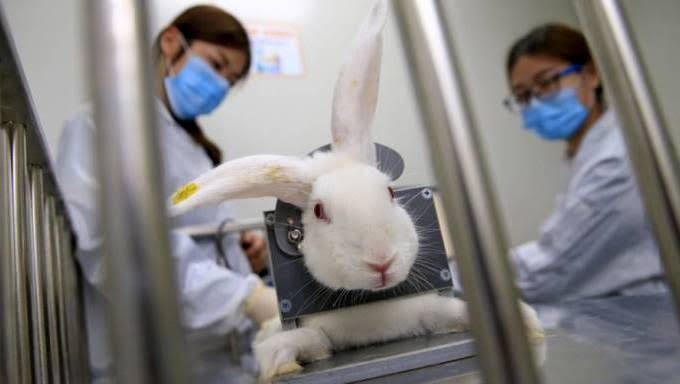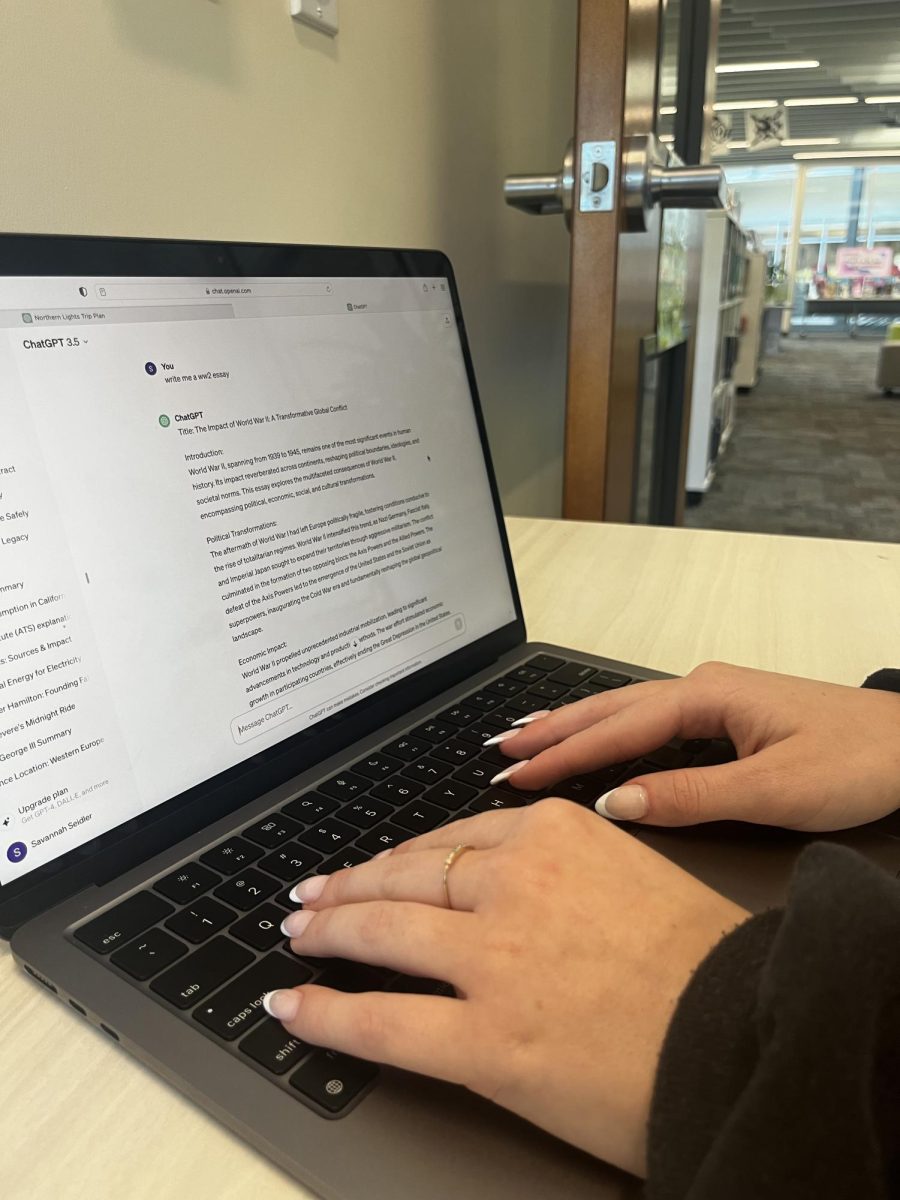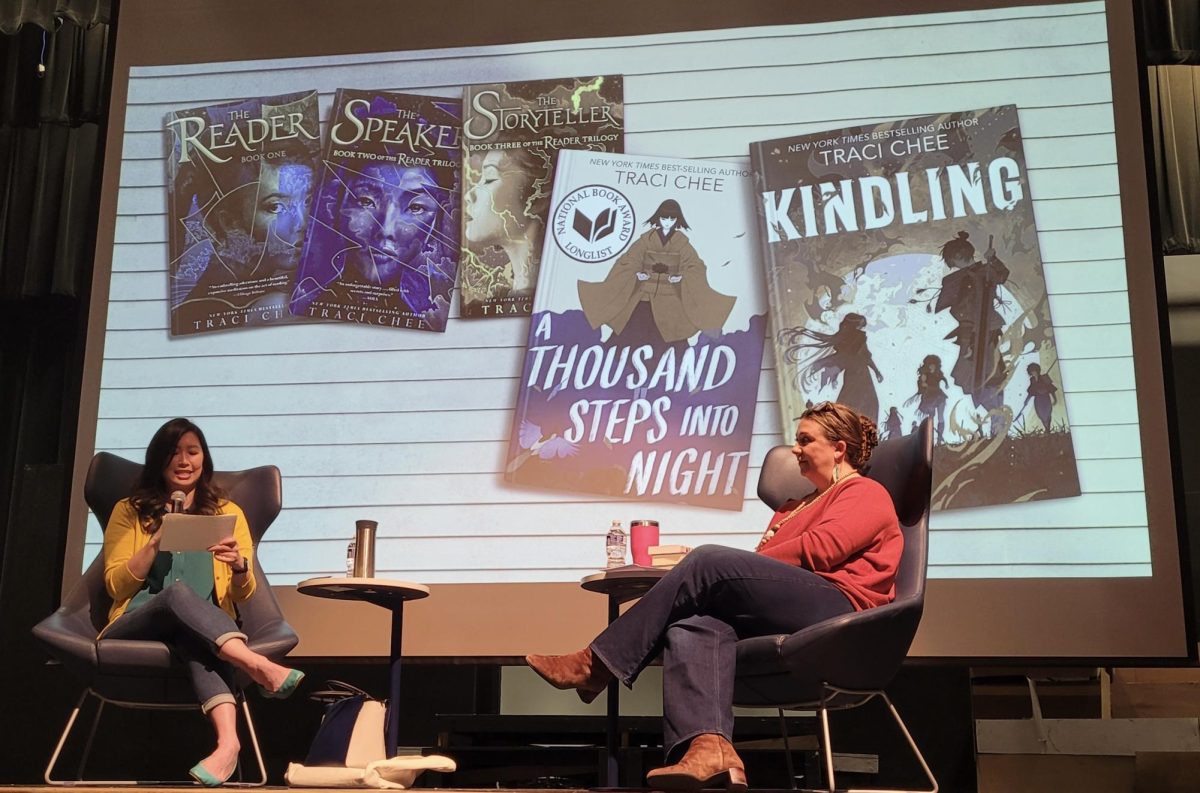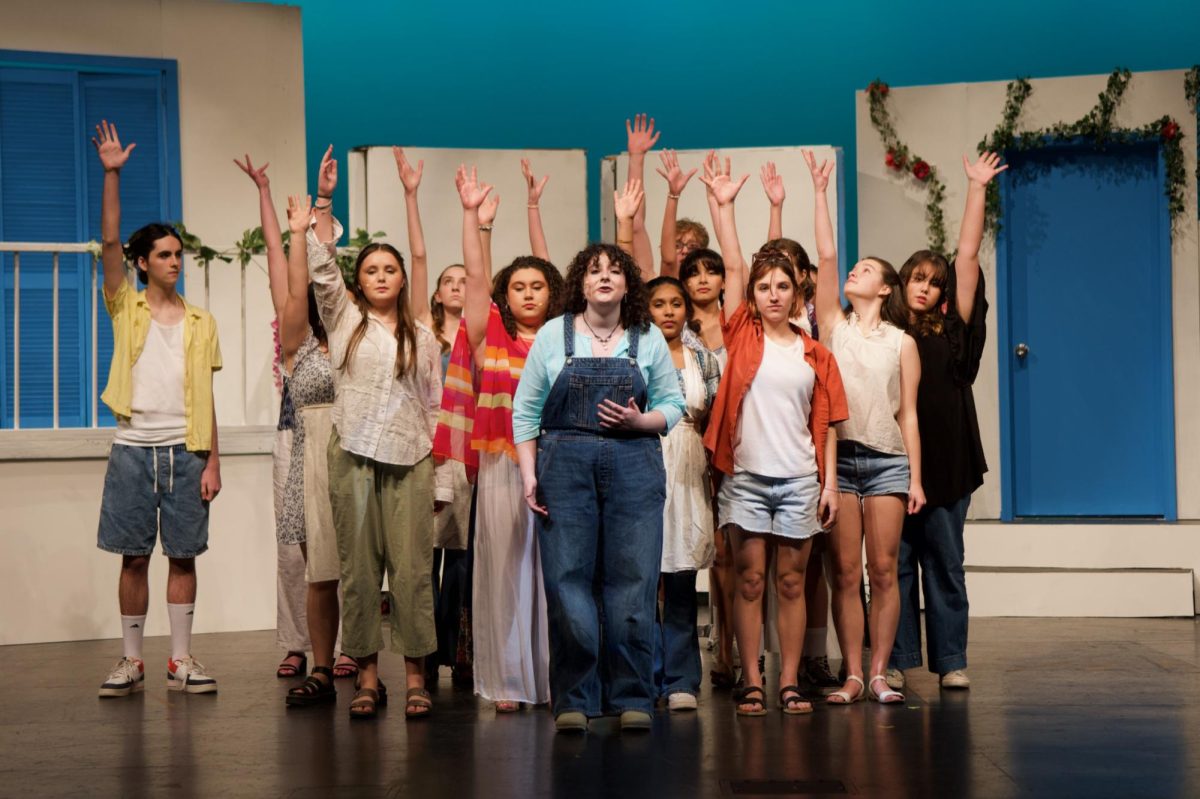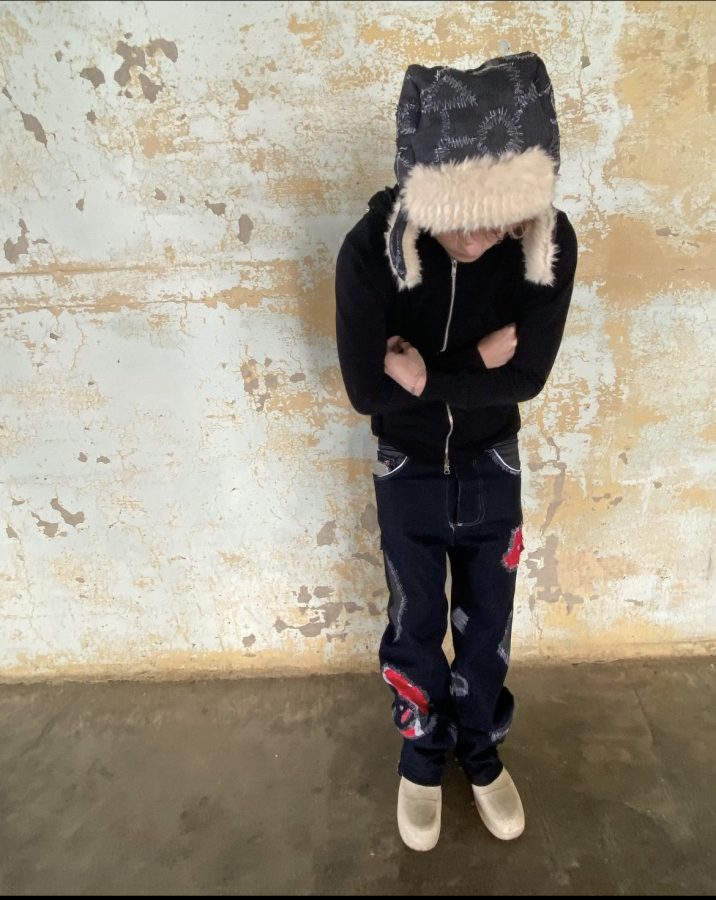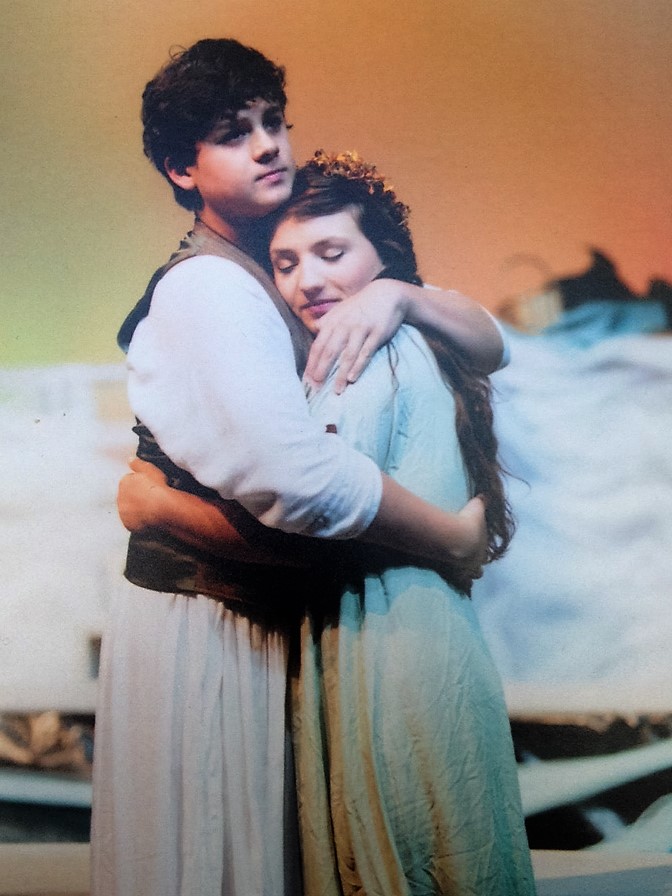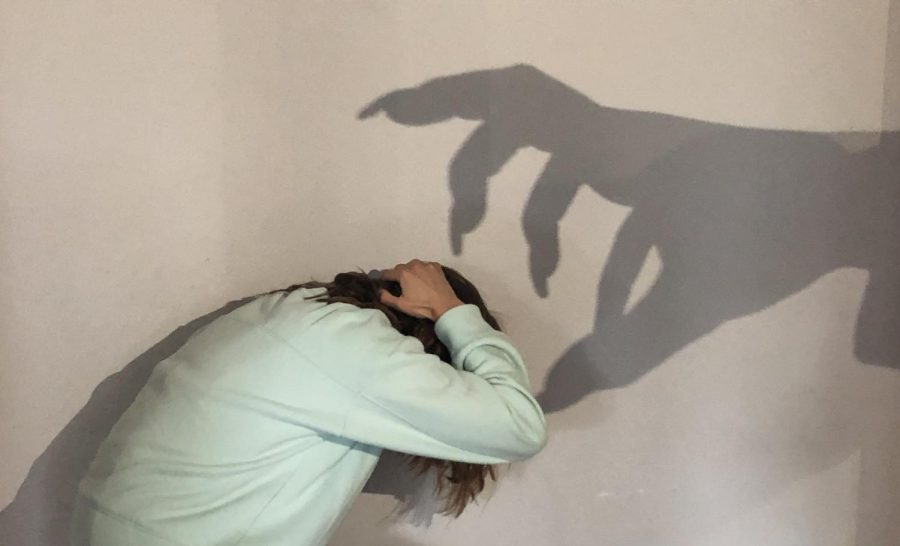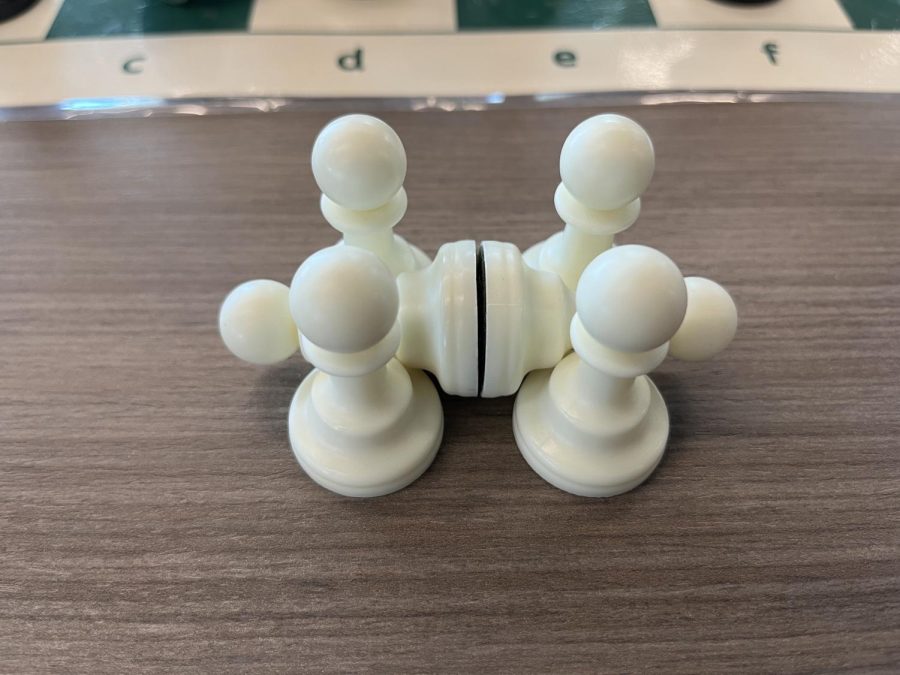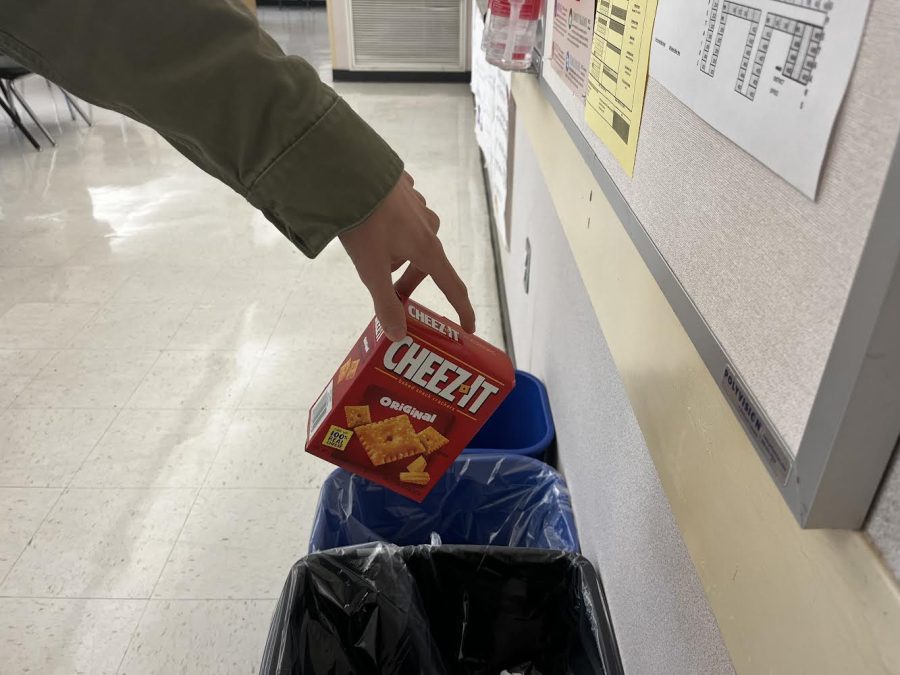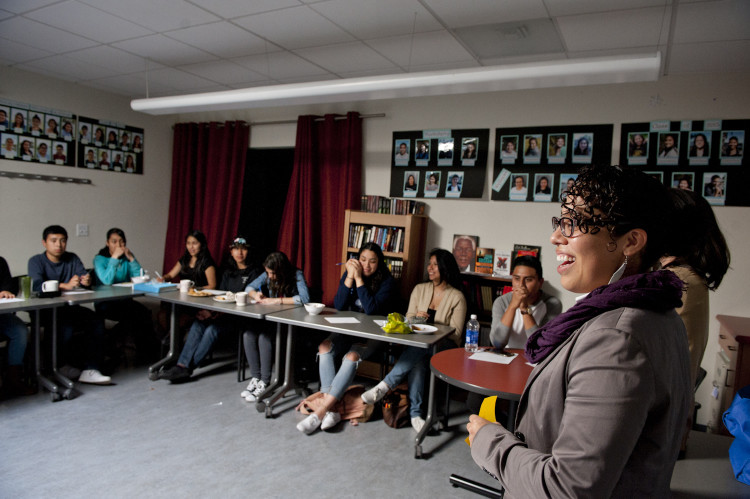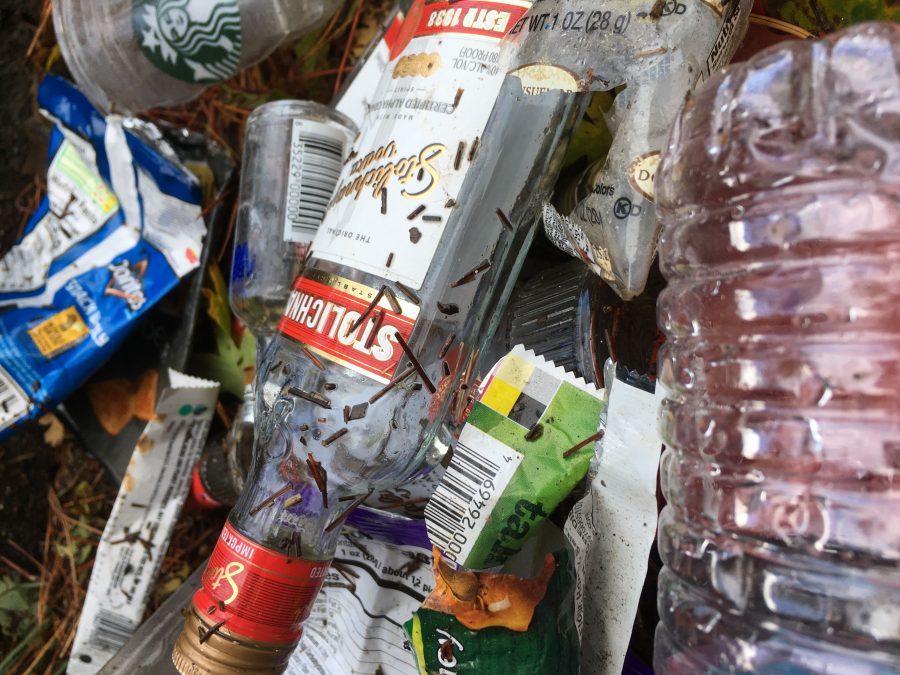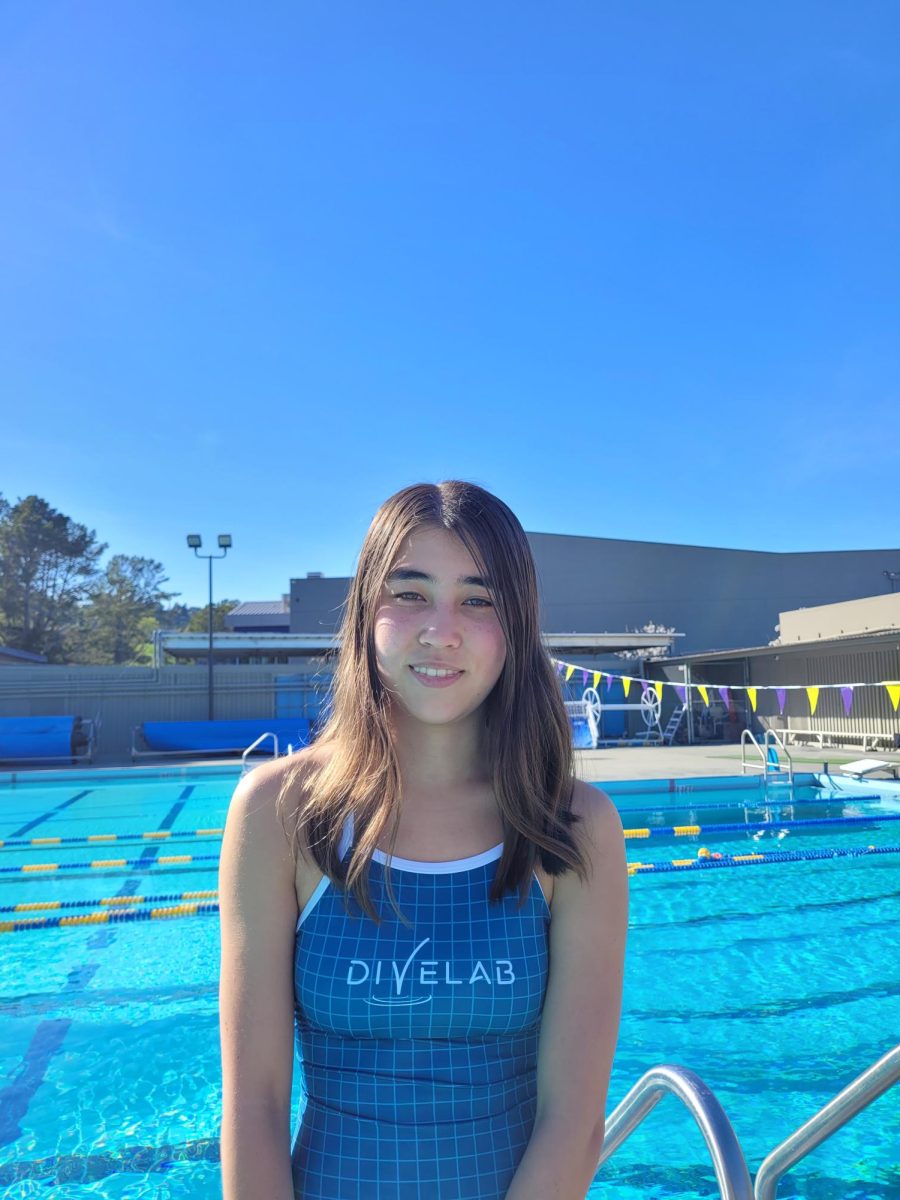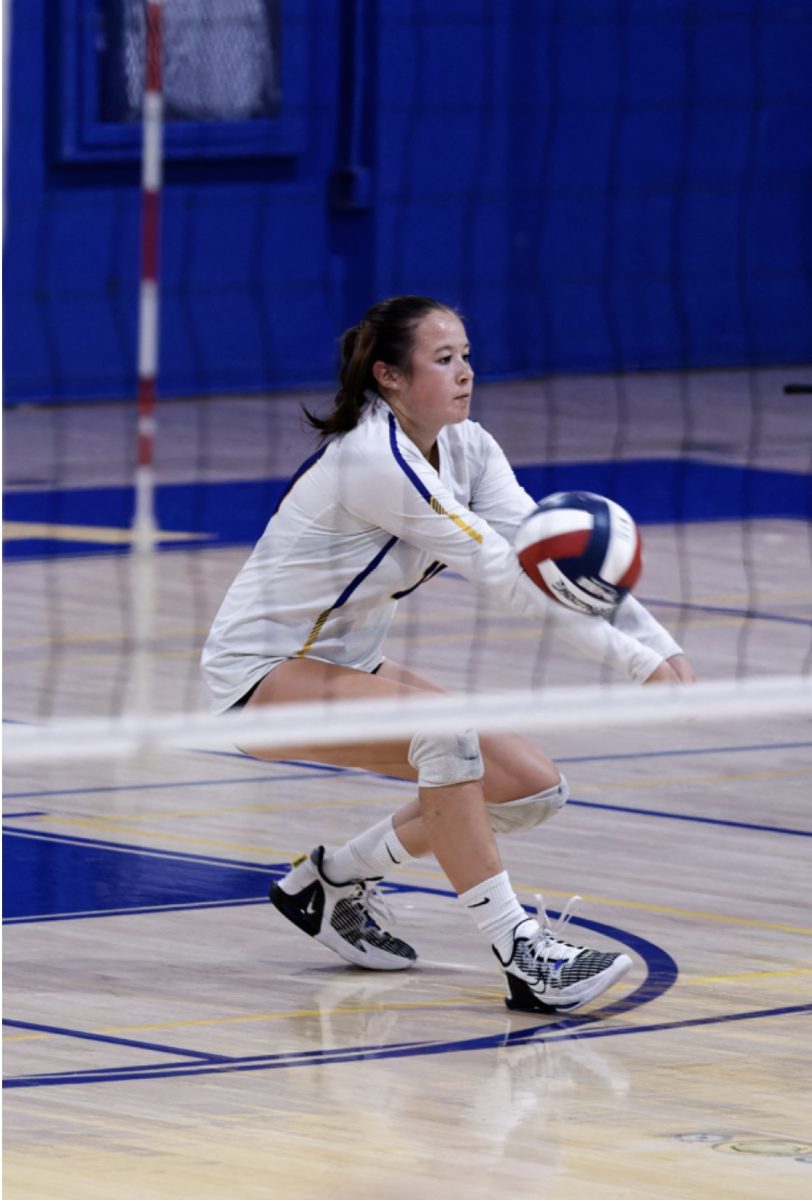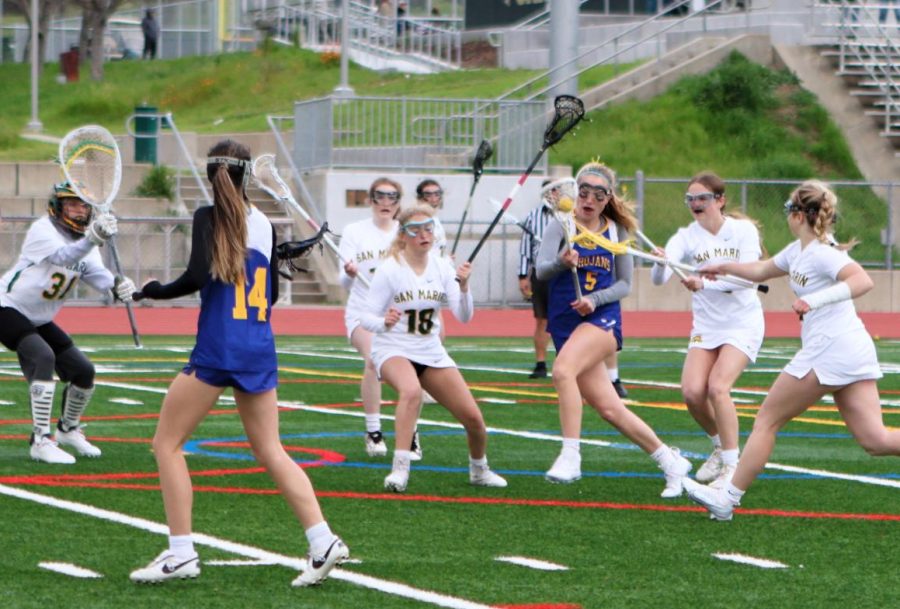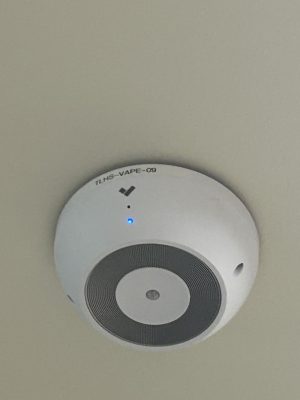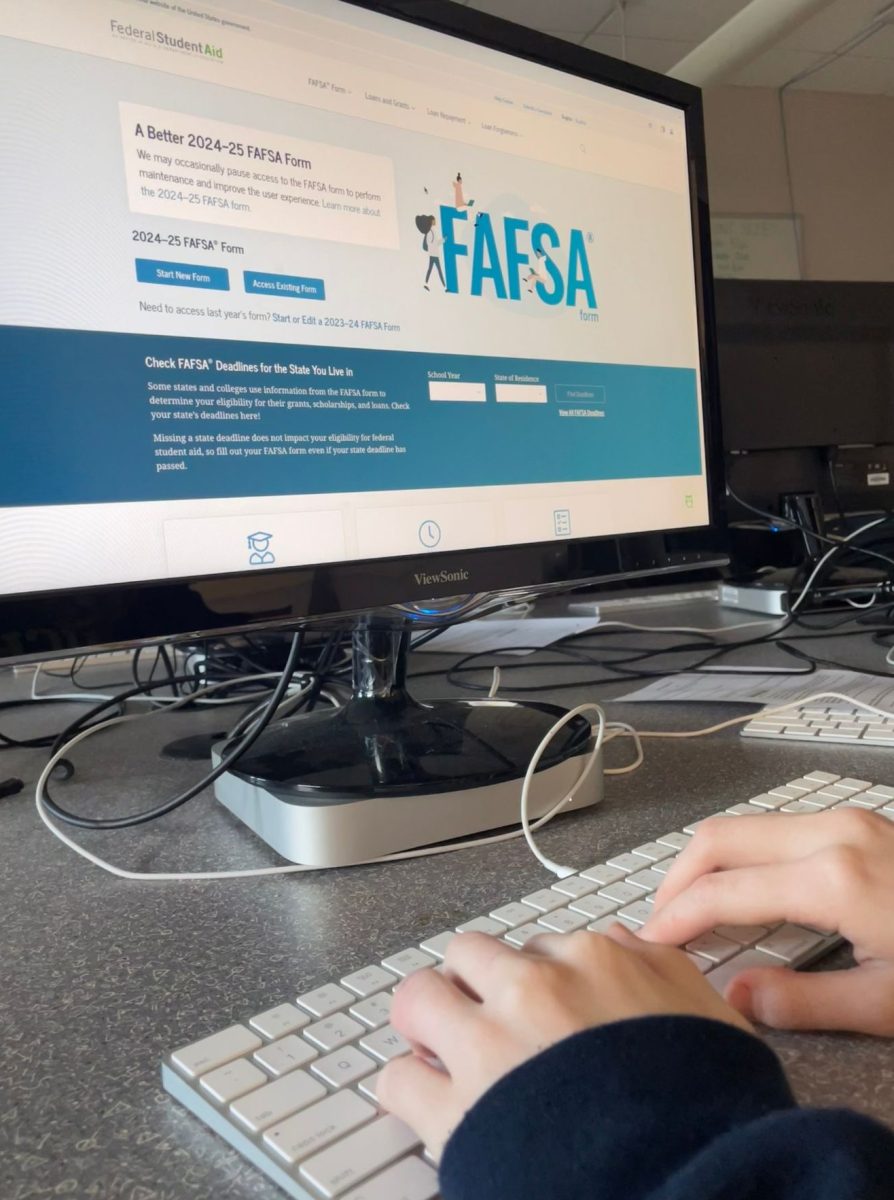“How am I supposed to focus on a math problem when I’m about to sh** my pants?” This adage by TL sophomore Danny Davis represents more than just the innate need to relieve oneself, but of the current bathroom climate on campus. It eloquently elucidates the daily struggle students face, desperately clenching and praying for strength and endurance within their bladders. In class, students cower in fear of the sassy remarks of “wasn’t it just lunch?” by our 5th period teachers. Incessant sit-down siestas beg to be released by a quick stretch break. Bathroom passes, or better known as Get Out of Jail Free Cards, are rationed like war-time commodities. “Psst,” I recall my classmate whispering in my ear. “Can you hit me up with that sweet ticket to freedom?” No, he’s not asking for marijuana. He’s asking for one of my bathroom passes.
Teachers, the gatekeepers of this sacred realm of relief, employ a multitude of bathroom policies. World History teacher Mark Lubamersky is relatively lenient. “Kids are not allowed to go during lectures, otherwise they can take the pass and go: I’m trying to prep them for college.” In order to prevent students from exploiting this nonchalant policy, he monitors the duration and frequency of these journeys a la toilette. He also admits short breaks are important during lengthy block periods as it’s more difficult to maintain focus.
During these painfully protracted stretches of 90 minutes, students need intermissions in order to process information and refresh their minds before heading back to the grind. Whether these breaks occur in or outside the classroom is up to the teacher. However, by employing the façade of a full bladder, students can masquerade as innocent bathroom goers, briefly escaping the monotony of a lecture.
Amy Reid, a math teacher at Terra Linda, hopes to maintain student attention and abate the temptation to flee algebra by integrating interludes into her longer lesson plans. Prompts ranging from “name the capital of Wisconsin” to “find out the name of your classmate’s first pet” keep the class engaged and encourage student participation, especially during her 7th period where tired students would rather nap than recite trigonometric functions. Her students ration their allocated bathroom passes wisely, rather than wasting them on fleeting bouts of boredom. Who would want to skip out on the trivia scattered throughout the calculus?
Reid continues to incentivize students to stay in the classroom by attaching extra credit points to each of the 4 bathroom passes. This is effective as the reward isn’t too large (e.g, so substantial it discourages students from drinking water) but impactful enough that it can positively increase the overall grade. Reid’s passes, if saved until the end of the semester, each add up to ameliorate missing homework assignments in the grade book.
Other teachers such as Tina Gonzales employ a more strict bathroom policy. Referencing her legal responsibility and liability for her students, Gonzales explains she is reluctant to let students out of her supervision and only allocates students two chances to leave class per semester. She argues students should schedule and plan their bathroom needs in order to avoid missing class, implying some students prioritize socialization during break and passing periods over basic bodily functions. Considering she’s friends with Carolyn Quinby, a teacher who was in a car accident while racing home during school hours, it’s no surprise Gonzales maintains a more frugal and cautious ideology.
Quinby, a high school freshmen at the time, was anticipating the arrival of her out-of-state grandmother at a nearby bus stop. After receiving unofficial permission from her 6th period teacher to be released early from class, she sprinted towards their planned rendezvous. While frantically crossing the road, she was hit by a car and ended up in the hospital. Fortunately, she didn’t sustain any long-term injuries, however, she vividly remembers waking up in the hospital, with grandma on one side, and a lawyer on the other.
Most Terra Linda students intend to simply head to the bathroom when they leave class, preferring toilets over speeding automobiles. While Quinby understands the context behind her isolated incident, she’s concerned any student injury or misbehavior while she’s teaching would involve her.
Jokingly, she argues “I’ve had three children: if I can hold it, you can hold it.” She elaborates that teachers aren’t allowed to flee class, even during block periods, so students shouldn’t be able to so easily and spontaneously abandon ship. However, after more than a decade of teaching, she recognizes when students genuinely need to use the restroom and excuses them appropriately.
Charnay and JT, the boots on the ground in this perpetual bathroom war, notice students mindlessly wandering around campus during class time. Charnay argues it’s “typically the same students,” ranging from ne’er-do-wells hiding vape pens in their sleeves to lost souls searching for an answer to life in Beats headphones and Apple earbuds.
Sophomore Ryan Kertz admits he asks teachers to go to the restroom around 3-4 times a day, but takes long detours, strolling around campus. In contrast, his candid classmate Sabrina Gelini only asks to leave class when she genuinely needs to use the bathroom. She understands both the student desire for a short break during class and teachers’ hesitance. As president of Terra Linda’s Body Positive Club, she dreams for a world where high schoolers, like college students, don’t need permission from bladder overlords to be in charge of their respective bodies and bodily functions.
The most contentious aspect of the debate of whether going to the restroom during class is a right or privilege continues to divide students and teachers. Even laid-back Lubamersky argues, “[the bathroom] is a privilege because some kids abuse it. If it were a right then students would be leaving too often.” Gelini, Kertz and the rest of the student body disagree, adamant that bodily and self-control is their right and thus only under their jurisdiction.
From paper towels and the occasional condoms (scattered haphazardly along the floor) to graffiti adorning the stall walls, Terra Linda’s bathrooms are more than just a refuge for relief. Whether right or privilege, destiny or intention, one constant, omnipresent question remains: to pee, or not to pee?



